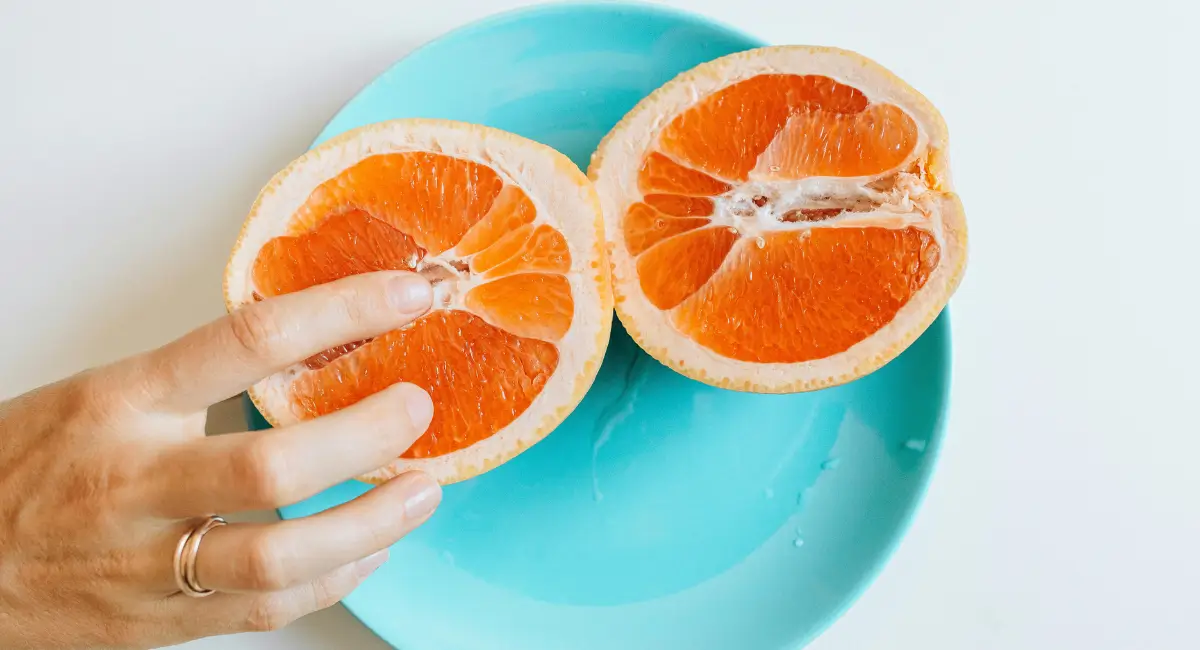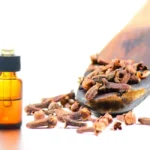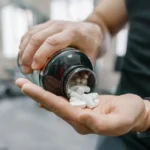It may seem strange to think that the clitoris, which is often referred to as the epicenter of sexual pleasure, provides much more than simply the culmination of intimate moments. However, when pain disturbs this sensitive area, it can be alarming as well as distressing.
The purpose of this comprehensive blog post is to explore the various causes of pain in clitoris in order to provide valuable insight into this significant aspect of women’s health. We will also discuss how to manage it and alleviate it, as well as how to prevent future discomfort. It will ensure that readers can address such issues in a comfortable and understanding manner.
Contents
Introduction
An integral part of the female anatomy is the clitoris, which is associated with pleasure and orgasm. As a result, any discomfort in this area can be emotionally and physically distressing. Understanding this discomfort is the first step to addressing it, restoring your wellbeing, and enjoying a fulfilling sexual life.
Pain in Clitoris: causes and effects

Several different factors may contribute to the development of a sensitive or pain in clitoris, ranging from medical conditions to psychological factors, to factors related to the sexual experience.
Infections
Most cases of pain in clitoral are caused by infection. Conditions like yeast infections, urinary tract infections, and sexually transmitted infections (STIs) can cause discomfort and irritation.
Trauma
Injuries to the clitoral area, such as injuries sustained during sports or falls, can result in local inflammation and pain. The high nerve sensitivity in this area can also cause significant discomfort as the result of minor abrasions.
A variety of diseases are associated with pain in clitoris, including lichen sclerosus, a skin condition that causes white patches, and lichen simplex chronicus, which causes chronic itchiness.
Disorders of arousal
There may be pain in clitoris in women who suffer from persistent or recurrent problems with sexual arousal, even when significant sexual stimulation is present or when there is a high level of sexual desire.
Overstimulated
During prolonged clitoral stimulation or rough sex, the clitoris might become sore and painful as a result of physical overstimulation. Communication about sexual preferences and limits is essential for preventing this from happening.
Stress
There are many ways in which stress can affect the body and manifest itself in a variety of different ways, including discomfort in the bladder and pain.
Psychosomatic pain and anxiety
Anxiety can lead to muscle tension around the clitoris area, which over time may result in pain. Psychosomatic pain is pain that is real but has no physical explanation, which is often the result of psychological distress.
Management and relief
In order to achieve sexual health and wellness, we need to know how to manage and alleviate pain in clitoris. Here are some ways to deal with it.
Interventions medically
Medications
If you have an infection, you may need antibiotics, antifungal medications, or antiviral medications. You may also need pain relievers like acetaminophen or ibuprofen to manage the pain.
Physical therapy
The release of muscle tension through pelvic floor physical therapy can significantly reduce pain in clitoris. Techniques such as trigger point release and biofeedback are particularly helpful.
Changes in lifestyle
Stress management
It may be beneficial to include stress-reduction techniques such as meditation, yoga, or regular exercise to help manage pain in clitoris, especially if stress is contributing to it.
Relaxation techniques
In addition to relaxation exercises targeted at the pelvic floor muscle, there are also exercises that are designed to relieve the discomfort of clitoris and reduce tensions.
Professional Help and Communication
Communication with a healthcare person about pain is clitoris is crucial for diagnosis and treatment to be successful. Clinicians can offer tailored advice and suggest a therapist to help patients deal with sexual issues.
How to Prevent pain in Clitoris
A proactive approach to women’s health and well-being is essential to preventing pain.
Sexual health awareness is important
The most effective way to combat with pain in clitoris is to be educated on sexual health issues. It will allow you to recognize symptoms early and take appropriate action before discomfort becomes acute.
Self-care and regular check-ups
A gynecologist can assist you in identifying and managing any underlying issues by conducting regular check-ups. The use of gentle, unscented products and maintaining appropriate hygiene can also prevent infections and irritation.
Keeping a healthy lifestyle
It has been shown that a healthy lifestyle, including a balanced diet, regular exercise, and adequate sleep, can boost the immune system and improve the body’s overall health and reduce the risk of clitoris pain.
Conclusion
There is no doubt that pain in clitoris can have a profound impact on a woman’s quality of life. However, discussing such matters openly is challenging. In fact, women can minimize clitoral discomfort by prioritizing sexual health, seeking professional guidance when necessary, and making conscious lifestyle choices.
In addition, they can enjoy the full spectrum of benefits that a healthy and confident sexual life offers. It is important to maintain a proactive approach to health management; listen to your body, address concerns, and never hesitate to seek professional help.
Recent Posts
- 10 Negative Side Effects Of Portobello Mushrooms – The Double Edged Delicacy
- 7 Critical Signs Your Liver Is Dying You Can’t Ignore
- A Comprehensive Guide Of L Carnitine Injections
- A Comprehensive Guide To Crystals For Weight Loss
- A Comprehensive Guide To Understanding And Preventing Friction Burns On The Penis: Tips For Healthy Intimacy
- A Guide To Botox And Surgery For Youthful Eyes











